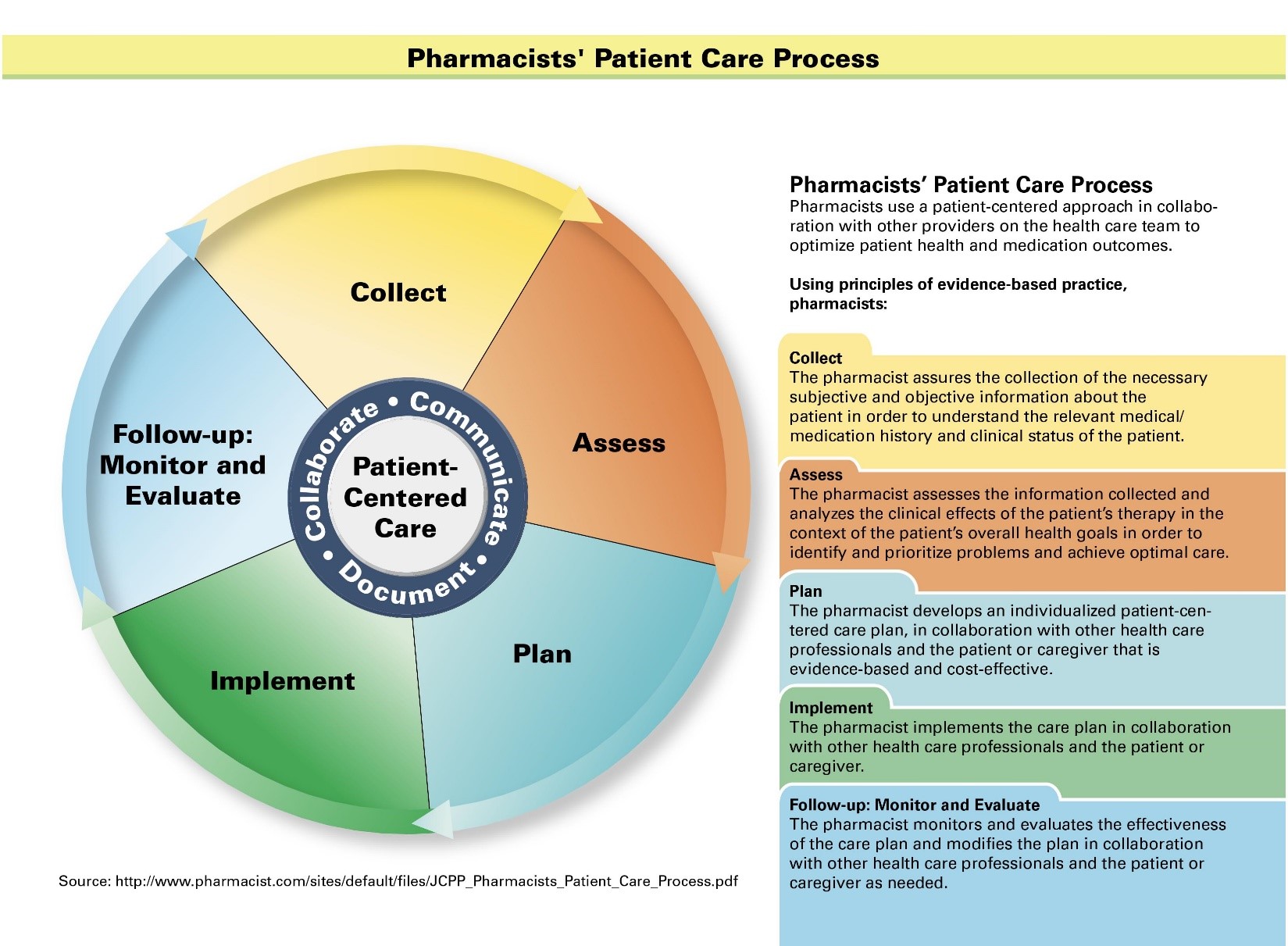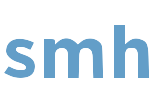DRUG INFORMATION DATABASES
UptoDate: This is a good medical resource to look up summarized information on almost anything. It is also comprised of Lexicomp to look up drug specific information.
Micromedex: This is a good database that summarizes information on medications and also has tools for drug interactions, drug identification, etc.
Dynamed: This is a good medical resource to look up various medical information and also has drug monographs.
Natural medicine: This is a good resource to look up the effects of different over-the-counter products and also the effects that some medications may have on nutrient depletion.
IV compatibility: This is a direct link to the Micromedex database to look up IV-compatibility.
PREGNANCY & PEDIATRICS INFORMATION
TOXICOLOGY INFORMATION
Consumer Product Information Database: This database has information about consumer products and their health effects.
EPA Chemicals and Toxics Topics: This database has information from the Environmental Protection Agency (EPA) about chemicals and potentially toxic substances.
LiverTox: This database is from the NIDDK & NLM and provides information on the management of liver injury based on medications.
Pharmacists' Patient Care Process

PROFESSIONAL PHARMACY SOCIETIES
American College of Clinical Pharmacy (ACCP): This is a professional pharmacy organization for clinical pharmacists with members from academia, industry, government, and clinical settings who want to improve health by optimizing therapeutics.
American Pharmacists Association (APhA): This is a professional pharmacy organization that consists of practicing pharmacists, pharmaceutical scientists, student pharmacists, pharmacy technicians, and others interested in the profession.
American Society of Health-System Pharmacists (ASHP): This is a professional pharmacy organization that represents pharmacists who provide patient care in hospitals, ambulatory-care clinics, and other healthcare settings.
Florida Society of Health-System Pharmacists (FSHP): This is the professional association of pharmacy practitioners that promotes and supports the continual improvement of pharmaceutical care and the profession of pharmacy as an essential component for the delivery of health care.
Florida pharmacy association (FPA): This is a professional pharmacy organization that is the collective voice of the profession of pharmacy, and serve to represent the goals, values, and best interest of our members at both state and national levels.
Hematology and Oncology Pharmacy Association (HOPA): This is a professional pharmacy organization for pharmacy practitioners who seek to promote and advance hematology/oncology pharmacy to optimize the care of individuals affected by cancer.
Pediatric Pharmacy Association (PPA): This is a professional pharmacy organization for pharmacy professionals that promote safe and effective medication use in children.
Society of Infectious Disease Pharmacists (SIDP): This is a professional pharmacy organization that comprises of pharmacists and other healthcare professionals who are committed to promoting the appropriate use of antimicrobials and supporting practice, teaching and research in infectious diseases.
US GOVERNMENT DRUG INFORMATION RESOURCES
Dailymed: They are the official provider of the FDA label information and therefore are a reliable source to retrieve drug information. Information on how the medications are supplied are also available that includes the images of packaging.
Orange Book: This is the Approved Drug Products with Therapeutic Equivalence Evaluations book that provides information on the drugs approved by the FDA.
Purple Book: This resource by the FDA provides information on FDA approved biological products.
PubChem: This is a national database by the National Library of Medicine that provides chemical information on different agents.
FDA Drug shortages: This is a link to the FDA website to the status of current drug shortages.
FDA Medwatch: This is a link to the FDA website to report any adverse events.
MISCELLANEOUS REFERENCES
Pharmacists Letter: This is a link to an information resource that provides education, guidance, and drug summaries for pharmacists.
Clinical Calculators: Clinical calculators from Up-To-Date for quickly calculating values like creatinine clearance and BMI.
e-Forsce: This is the Florida Prescription Drug Monitoring Program to look up recent controlled substance fills by patients to promote safer prescribing and dispensing.
ISMP do not crush list: This is a link to the Institute For Safe Medication Practices (ISMP) list for items that should not be crushed.
BEERS list: This is a link to the document that contains the medications that should be used with caution in the geriatric population.
Hemonc: This is a quick reference site for information on different types of chemotherapy.
